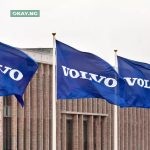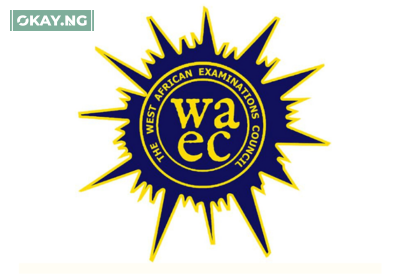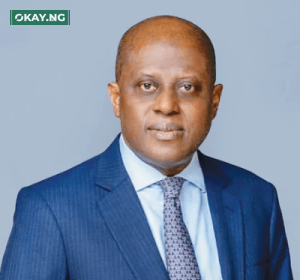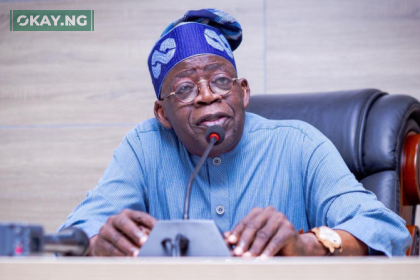The Federal Government has responded to the recent controversy surrounding the Memorandum of Understanding (MoU) it signed with Messrs MPH Rail Development Limited, a United Kingdom firm, for the construction of the Port Harcourt–Enugu–Calabar–Abuja Standard Gauge Rail Line.
Signed by the Ministry of Transport on March 13, 2024, the MoU drew criticism from some quarters, particularly on social media platforms, over concerns about the UK firm’s capacity to deliver the project, given its perceived newness in the rail construction industry.
Critics also highlighted the existing Warri—Itakpe Standard Gauge Rail and suggested an extension of this route from Warri to Port Harcourt and from Itakpe to Abuja to create the Port Harcourt—Abuja Standard Gauge Rail, as advocated by former presidential aide Tolu Ogunlesi.
In response to the controversy, Minister of Transportation, Sa’idu Ahmed Alkali, issued a statement on Sunday through Olujimi Oyetomi, Director of Press and Public Relations of the Ministry, explaining that the initiative was still in its preliminary stage.
Alkali clarified, “For clarity, a Memorandum of Understanding or MoU is a non-binding agreement that states each party’s intentions to take actions, conduct a business transaction or form a new relationship. It is not a legally binding agreement.
“It is not a legal binding agreement.
“It provides only a platform for further agreement, discussion, scrutiny and the provisions of required guarantees by the parties to reach agreement if the parties are satisfied.
“The MoU in question arose from an unsolicited proposal presented by the British African Business Alliance, BABA, an association based in the United Kingdom with interest in businesses in Africa. It’s proposal was initially submitted to the ministry on 27th August 2019.
“As required, the business, Outline Business Case was submitted to the Infrastructure Concession and Regulatory Commission, ICRC, on 8th December 2023. The major attraction of the proposal is BABA/MPH’s initiative to achieve 100% private sector funding for the project with no loans or debt to the Nigerian government or any of its agencies as captured in the Article 3.3 of the MoU.
“The regulatory Commission on 27 December 2023 granted approval and issued a conditional OBC Certification. It is pertinent to note at this juncture that COVID-19 was a major contributor to the time lag between the initial proposal and the ICRC OBC Certification”.












